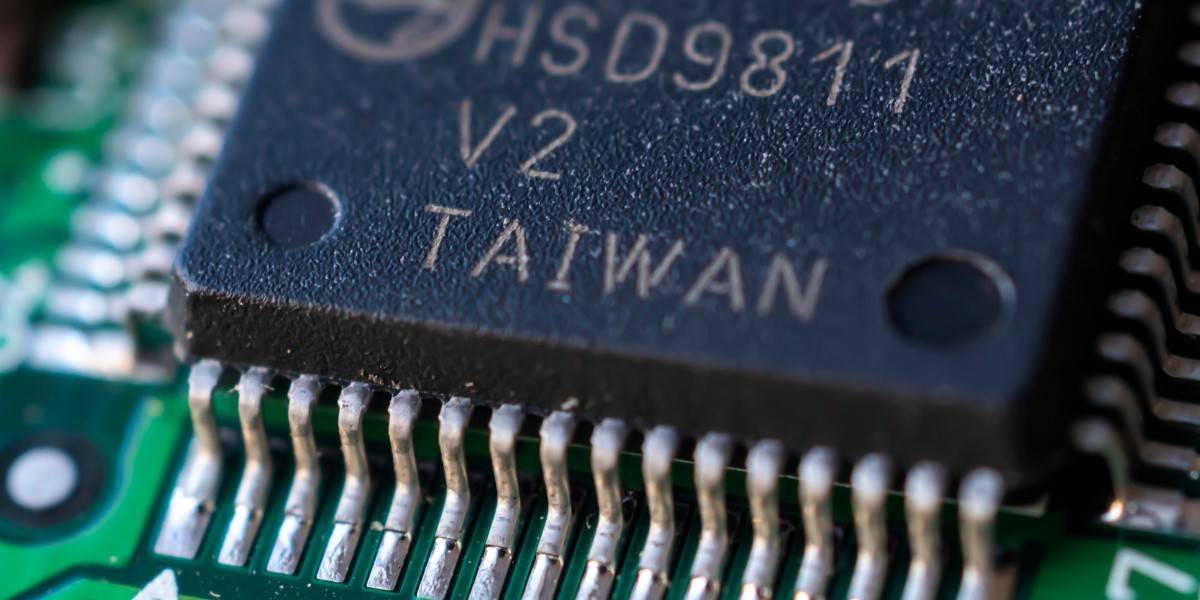Taiwans Top Chip Tester, King Yuan, Shuts Down Production And Quarantines Workers

The world’s leading provider of chip testing services, Taiwan’s King Yuan Electronics (KYEC), has suspended production for two days due to a COVID-19 outbreak among the company’s foreign workers.
Taiwan’s Ministry of Health and Welfare announced all related foreign workers are to be placed on quarantine with pay as COVID tests are rolled out to all of KYEC’s 7,300 employees. The government is assisting with testing and has opened 18 screening lines, servicing a total of 350 to 500 people per hour.
At least 206 workers associated with the cluster have been identified so far, according to Health Minister Chen Shih-chung.
KYEC boasts the second-largest testing revenue for the semiconductor backend supply chain industry, supplying wafer probing, product testing and assembly services to the likes of Qualcomm, Intel, Nvidia, Mediatek and Novatek.
According to Nikkei Asia, KYEC estimates the suspension will result in between four and six percent change in June revenue and output. The company plans to make up for lost production by running the lines “super hot.”
- Japan to dangle as many Yen as it takes to lure chipmakers to its shores, because everyone else is doing it too
- IBM says it's built the world's first 2nm semiconductor chips
- Taiwan to create new mega tech Ministry spanning industry policy, security, comms, and more
- Something fishy is going on in Taiwan as folk change name to include 'salmon' for free sushi
KYEC's woes come at the worst possible time for the semiconductor industry as a worldwide shortage challenges both the electronics and automotive manufacturers and contributes to geopolitical friction.
The production halt is a first in Taiwan, which went months without community transmission of SARS-CoV-2 until an outbreak started in May and led to 8,000 cases. Before the May outbreak the island nation reported a total of almost 12,000 cases.
The country’s recent outbreaks were centered in Taipei, but have spread to Miaoli, which is home to KYEC, and other chipmakers including also the home of Greatek Electronics and ethernet switch maker Accton Technology Corp. As of Friday, Greatek Electronics has reported nine infections and began testing its 4,000 employees over the weekend.
Standing by our people’s side, #ROCArmedForces devote ourselves to the fight against #COVID19 in unity.
— 國防部 Ministry of National Defense, R.O.C. ???????? (@MoNDefense) June 5, 2021
As the epidemic spreads, #ROCArmy set up a provisional testing site in #Hsinchu Science Park. They lived up to expectations & completed the site within 18 hours. Photo: HCCG. pic.twitter.com/KW18bdoBGw
The outbreak has also reached Hsinchu, home to the world’s largest chipmaker, TSMC, which pulled in 55 percent of semiconductor market share in Q1 2021.
Thankfully, cases in Hsinchu have remained low. According to Reuters, the city's mayor has ordered the largely Filipino, Indonesian and Vietnamese foreign workers population not to rotate into other factories or travel to other parts of the island.
This is not the first time a nation's outbreak has disproportionately affected foreign workers, a population that tends to live in crowded conditions and close quarters. Outbreaks last year in Singapore’s migrant worker population at one time accounted for 93 percent of 58,000 of the city-state’s official cases. ®
From Chip War To Cloud War: The Next Frontier In Global Tech Competition
The global chip war, characterized by intense competition among nations and corporations for supremacy in semiconductor ... Read more
The High Stakes Of Tech Regulation: Security Risks And Market Dynamics
The influence of tech giants in the global economy continues to grow, raising crucial questions about how to balance sec... Read more
The Tyranny Of Instagram Interiors: Why It's Time To Break Free From Algorithm-Driven Aesthetics
Instagram has become a dominant force in shaping interior design trends, offering a seemingly endless stream of inspirat... Read more
The Data Crunch In AI: Strategies For Sustainability
Exploring solutions to the imminent exhaustion of internet data for AI training.As the artificial intelligence (AI) indu... Read more
Google Abandons Four-Year Effort To Remove Cookies From Chrome Browser
After four years of dedicated effort, Google has decided to abandon its plan to remove third-party cookies from its Chro... Read more
LinkedIn Embraces AI And Gamification To Drive User Engagement And Revenue
In an effort to tackle slowing revenue growth and enhance user engagement, LinkedIn is turning to artificial intelligenc... Read more

